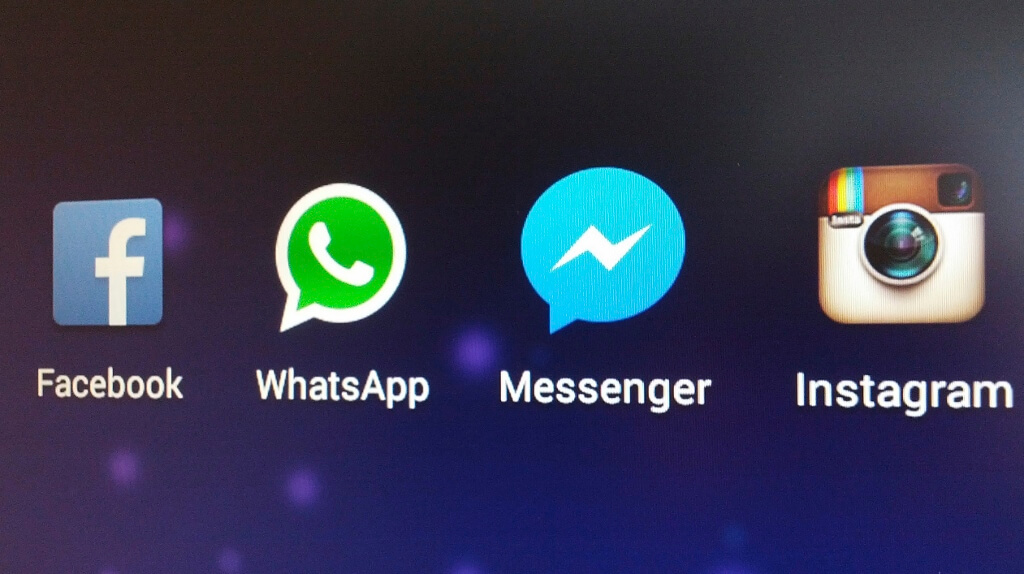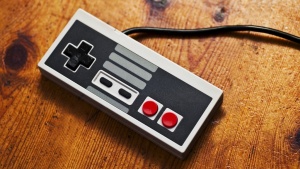If Millennials aren't busy then they are bored, so brands hoping to access this age bracket will have to cut through both states of mind.
How To Capitalise On Busy-Or-Bored Consumers
If Millennials aren't busy then they are bored, so brands hoping to access this age bracket will have to cut through both states of mind.

As brands and technology continue to evolve, it has become clear mobile is the future. With this in mind, brands need to adapt their mobile strategies to meet the ever-changing and increasingly demanding needs of their users.
This year will be about satisfying a ‘busy-or-bored’ generation who turn to apps for inspiration in their few spare moments – if they’re not busy, they’re bored.
Millennials are a challenging bunch and mobile is their playground. The Millennial wakes up, checks Instagram, pays for a coffee with Apple Pay and plugs in headphones to listen to Spotify.
This group of 25-35-year-olds is always in transit, very active and typically holds down competitive premium jobs. Millenials don’t have the time nor inclination to follow the latest products from all the top retailers and brands or read all the top magazines – they need a digest so they can easily stay up to date.
They crave curated content and personalised experiences and expect to be able to get their hands on this whenever they feel like it.
It can be difficult, but satisfy this audience and the rewards are plentiful – the opportunity to build up a meaningful, trusted relationship with a user through enhanced UX, content curation and by providing immediate, real-time solutions to their needs.
How to capture the hearts of Millenenials
We’ve moved on from the boxset generation to the boxset on-demand generation, used to getting whatever they want, whenever they want it. The recent success of the Netflix series ‘Making a Murderer’ demonstrates this perfectly.
Millennials are super smart and super busy, and companies need to create a personalised relationship of trust with them, becoming part of their world. Customer service is crucial to this.
The single biggest impact to e-commerce in the next three years will be how messenger apps become an essential open platform for businesses to communicate with customers. Phone support, waiting on hold and speaking to automated systems will become a thing of the past – people expect the ability to message and get a message back immediately.
Millennials hardly make phone calls anymore so any business reliant on this type of interaction will quickly lose out. My company’s volume of customer support emails have fallen by 73% since we launched a live chat option, which shows the strong customer preference for messaging.
Less mobile optimisation, more apps
Just over 12 months ago, we fretted over the decision to transform Grabble from a web-based app to a mobile one. Thankfully it was the right decision, user engagement went up by 500% as a result.
In 2016, I think we’ll see a wave of apps focusing on satisfying the busy-or-bored millennial. Apps are not only visually pleasing, but also prove to be much more accessible and functional for the busy-or-bored user. They are a must when it comes to enabling customers to access products or services instantly.
The winners in mobile commerce in 2016 will be those committed to the consumer experience and the ones that come out on top will be those driving forward this mission.
Daniel Murray is co-founder of Grabble
Thanks for signing up to Minutehack alerts.
Brilliant editorials heading your way soon.
Okay, Thanks!




